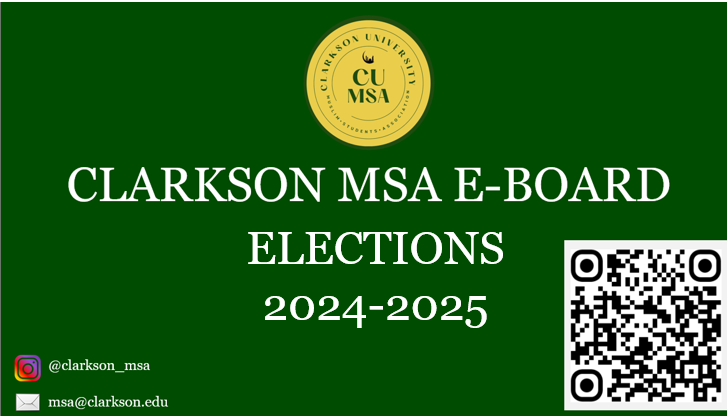Dr. Alan Christian, Professor of Biology, has been appointed Associate Director of the Honors Program effective July 1, 2021. In this role, Dr. Christian will be assisting the newly appointed Director, Dr. Kate Krueger who will be joining Clarkson in August. In assuming this new responsibility, Dr. Christian has transitioned out of his role as Director of Assessments for Student Learning Outcomes. Dr. Christian will focus mainly on teaching of the Honors Program third-year and thesis courses and management of the thesis process.
Dr. Christian will be following in the very able footsteps of Dr. Stephen Casper who has served the Honors Program for the last four years in this role. Stephen will be returning to his faculty role in the Department of Humanities and Social Sciences after a year-long sabbatical.
Alan Christian earned his B.S in Biological Sciences at the University of Wisconsin Oshkosh, his MS in Biological Sciences at Arkansas State University Jonesboro, and his PhD. in Zoology at Miami University. He did his post-doc and visiting instructorship at Arkansas State University (ASU) and then was hired as Assistant Professor at ASU and promoted to Associate Professor in 2008. In 2009, he was hired at the University of Massachusetts Boston (UMB) as an Associate Professor of Biology and Director of the Environmental Studies Program and later served at the Undergraduate Program Director in the School for the Environment from 2015-2019. In 2019 he was hired as the Director of Student Learning Outcomes Assessment and Professor of Biology at Clarkson University and after transitioning into a full-time faculty position in the Biology Department, he has served as the Chair of the Student Learning Outcomes Assessment Committee and the Clarkson University Common Experience Committee and has taught two of the honors thesis courses.
Dr. Christian served as the PI and Director of the GK12 Program at ASU and led the implementation of conservation and wildlife GIS programming at ASU. Dr. Christian also served as the PI/Co-PI and Director of the NSF Funded Coastal Research in Environmental Science and Technology Research Experiences for Undergraduates (REU) program at UMB for nine years and starting in 2021, he is the PI and Director of the NSF funded Aquatic Sciences, Engineering, and Technology REU at Clarkson University. As the Environmental Studies Program Director, the Graduate Program Director in Biology, and the Undergraduate Program Director in the School for the Environment at UMB, he developed, implemented, and assessed transdisciplinary undergraduate and graduate environmental programs. As Director Environmental Studies Program and the Undergraduate Program Director at UMB, he worked collaboratively across all units on campus to synthesize and catalyze environmental expertise and programs, to transform how we develop environmental leaders through hands-on practical experiences in environmental problem solving, deconstructing our traditional approaches to higher education to better meet and anticipate emerging societal needs, and to actively solve environmental problems both locally and globally.
Dr. Christian’s research ties together three strands centered on understanding human impacts on streams and stream ecology with a specific focus on mussels. His research integrates fundamental ecological assessment of freshwater habitats with geospatial analysis of land-use and human perturbation of landscapes using a multitude of GIS and statistical approaches. This work is further informed by integration of molecular tools for retrospective analysis of habitat structure and function. A practitioner of coastal wetland restoration and integration of regulatory statutes and policy, Dr. Christian’s research at Tidmarsh Farms in Plymouth MA, in collaboration with the MIT’s Media Lab, uniquely linked the ecological data produced by the work to develop new virtual reality education and communication tools. Dr. Christian actively publishes with his students and collaborators and has garnered over $5.6M in extramural research support across his career. In addition to basic research, he is nationally recognized for his leadership in undergraduate research and experiential learning and associated course and program development in support of broadening participation in STEM.
As a broadly trained environmental scientist, his national and international service includes leadership of the National Science Foundation Biological Sciences Research Experiences for Undergraduates (BIO REU) Principal Investigators Workshop program and an At-Large Member of the Council for Environmental Deans and Directors Executive Committee. He also has been honored as a Science Education for a New Civic Engagement and Responsibility (SENCER) Fellow, which has led him to work with local and state government and non-government organizations. As a recognized leader in civic engagement and environmental education as well as in undergraduate student success and program assessment, he also provides assessment support to a number of higher education and research programs.


